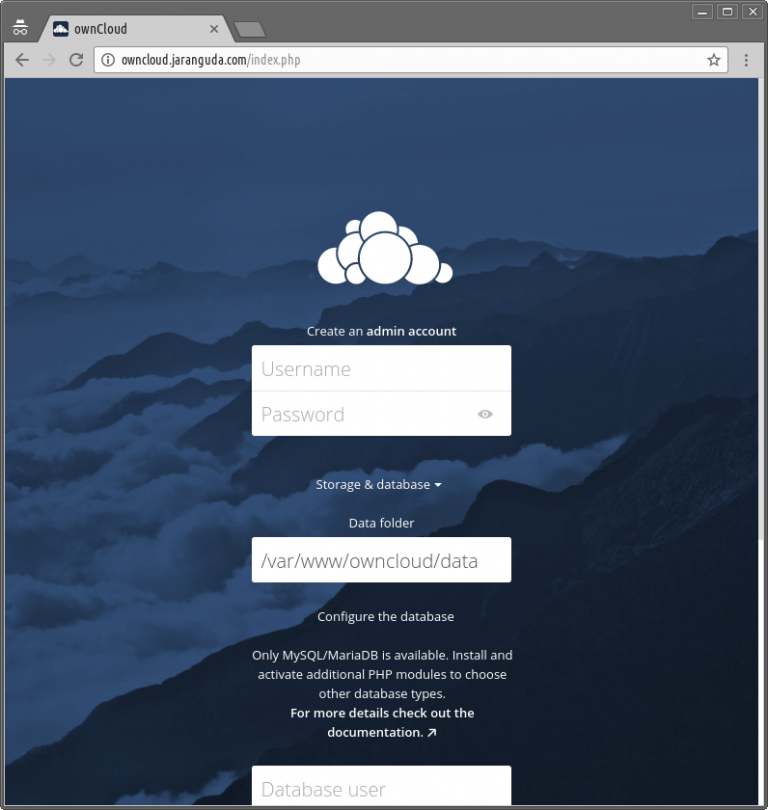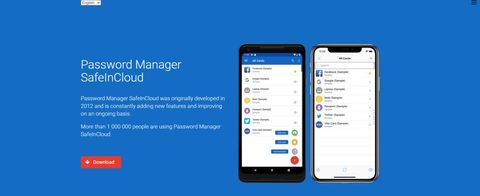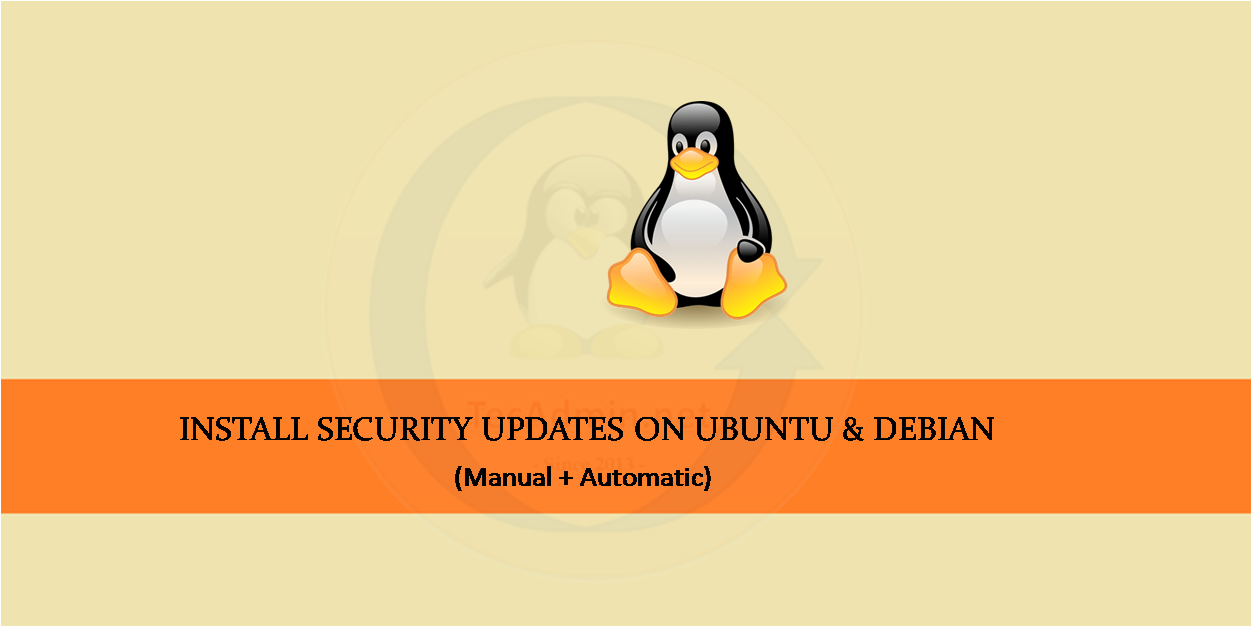

it's just overall better just to stick with ones password manager (assuming it's offline password storage only, as like I said I avoid the ones that store it online) paired with a secure master password.īesides, the password manager I use is probably better than most given it's "Designed by renowned security technologist Bruce Schneier".
#Safeincloud debian software
plus, chances are someone whos making that password manager software (assuming it's offline storage only) will have a better overall method for this stuff than the average person coming up with their own stuff will. your just trading one type of encryption for another which is no real benefit since it just makes more work with no real improvement to ones security. but even here, one is still trusting some other software's encryption (i.e. With this mindset it assumes that the general encryption/security of the password manager one is using is flawed etc. Not suggesting there's anything necessarily wrong with the programmer (but there could be), but the question is who do you trust with your data? "/home/USER/.pwsafe".īut I like Jeff's approach, which highlights the importance of doing it all yourself if you can controlling each piece yourself instead of relying on a programmer. but it's easy enough to backup the locally stored database file as with my password manager the database file is stored at. but it seems some people want TOO much convenience nowadays and sacrifice security to do so.

I definitely agree with you about avoiding storing of ones passwords online as it seems like a unnecessary risk vs locally stored passwords. so you just have your password database, which is already encrypted (with Twofish), that you use in general and then simply make a backup copy(or copies) in case your computer crashes it will be easy to restore from USB stick or hard drive to another computer. les/Linux/ currently v1.13.0 is newest for Mint) does not store anything online as it's entirely offline/locally stored on ones hard drive. hence, no point in doing what your doing (at least with the password manager I use since it does not store anything online).īecause my password manager (i.e. Then what I initially thought is true then. IMO it's best to store your personal information under your own lock. I have learned the hard way myself that nothing is safe online in someone else's hands. The only best password manager is under ones own security IMO. I think JeffF73 is proposing this as a non-cloud alternate (?) Unless I am misunderstanding you, I don't see how this would be of any benefit over using your password manager like usual and just have a backup copy of the password managers database file stored on say a external hard drive since both are already encrypted. Also changed the name of the files to be hidden files example.

Save it to an external HD that isn't connected to my PC at all times which gives it that extra layer of protection.
#Safeincloud debian zip file
Then save it right back inside the zip file without the need to extract to my drive.
#Safeincloud debian archive
I can now open it in the archive and edit it within Calc. Converted it to a OSD file to open with Calc. I just recently exported my Lastpass information to a CVS file and then open it in LibreOffice.


 0 kommentar(er)
0 kommentar(er)
